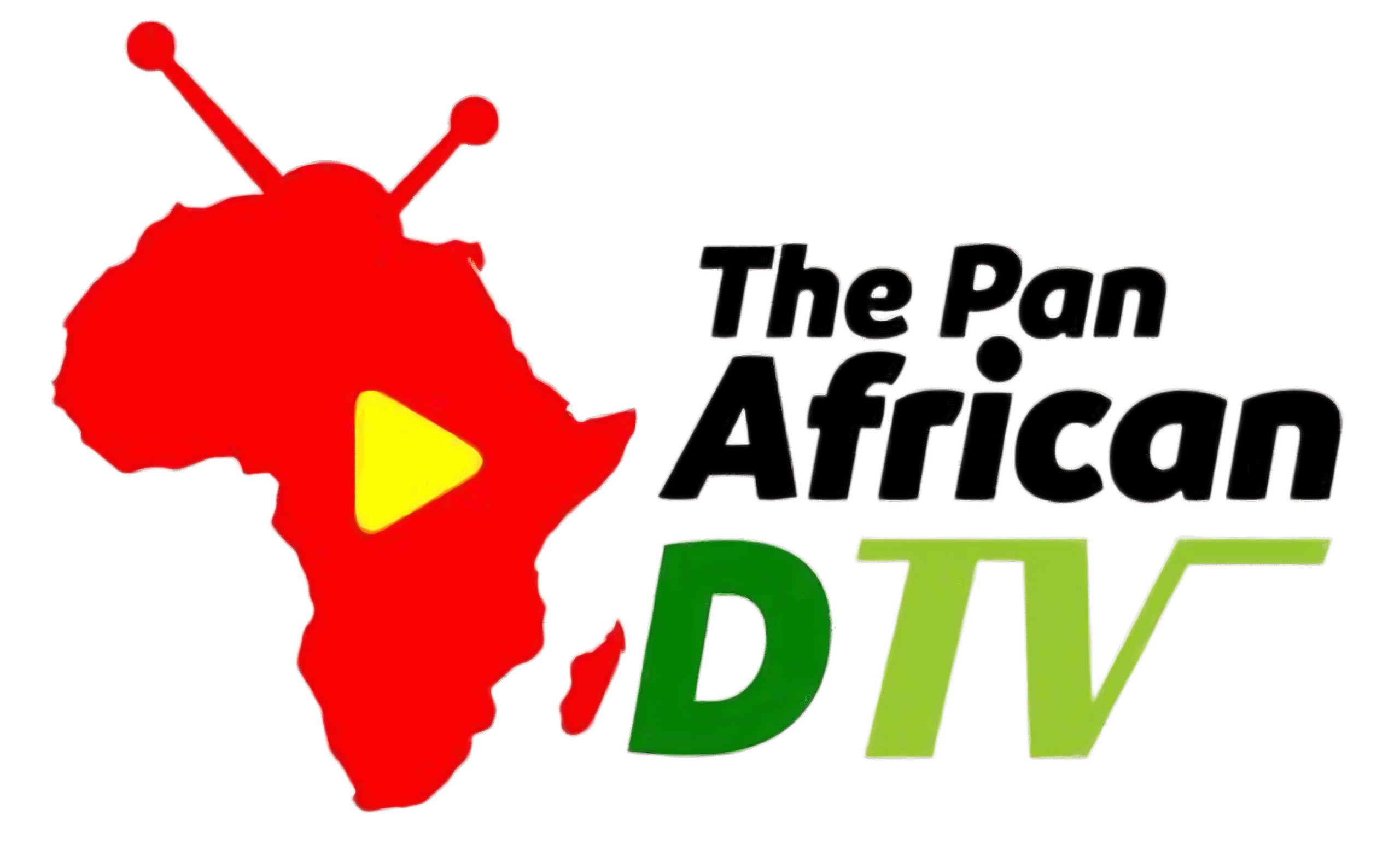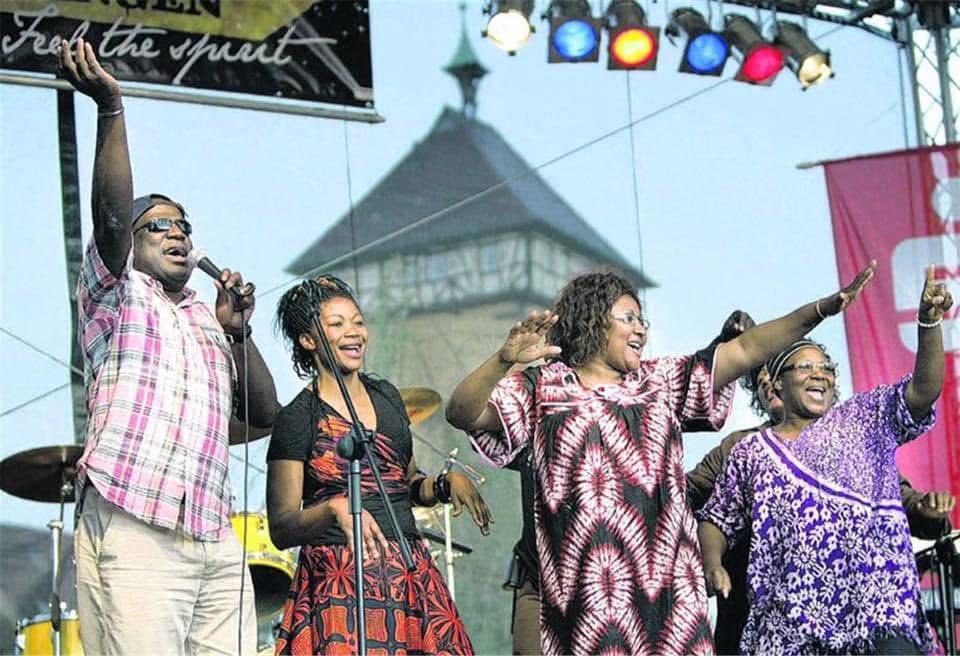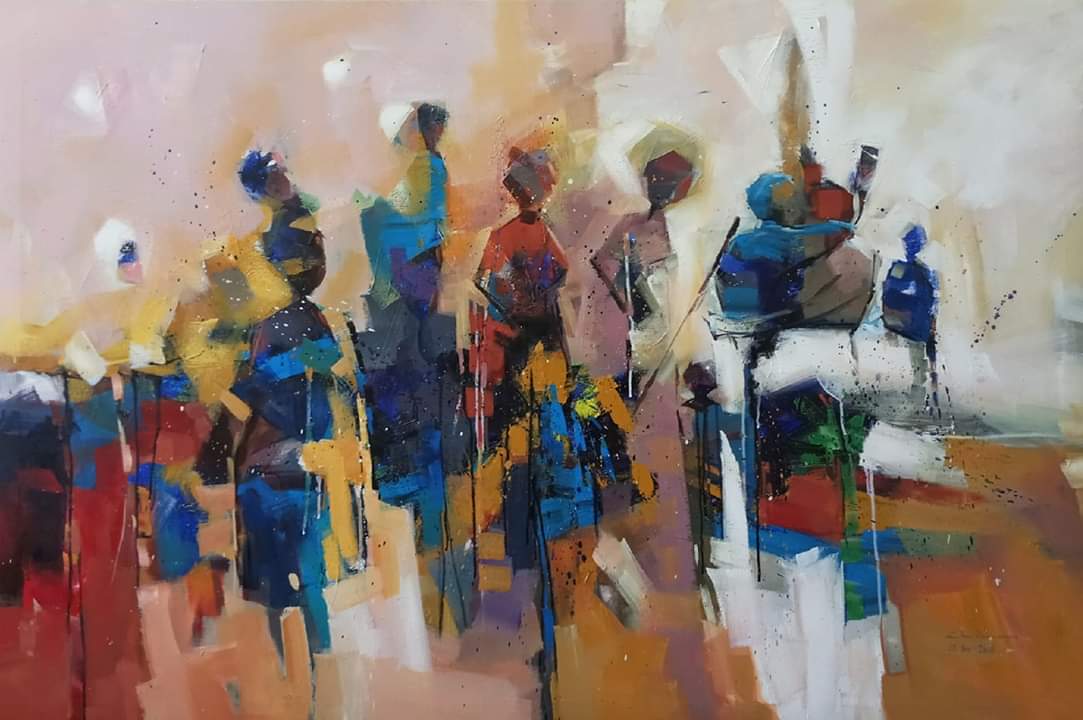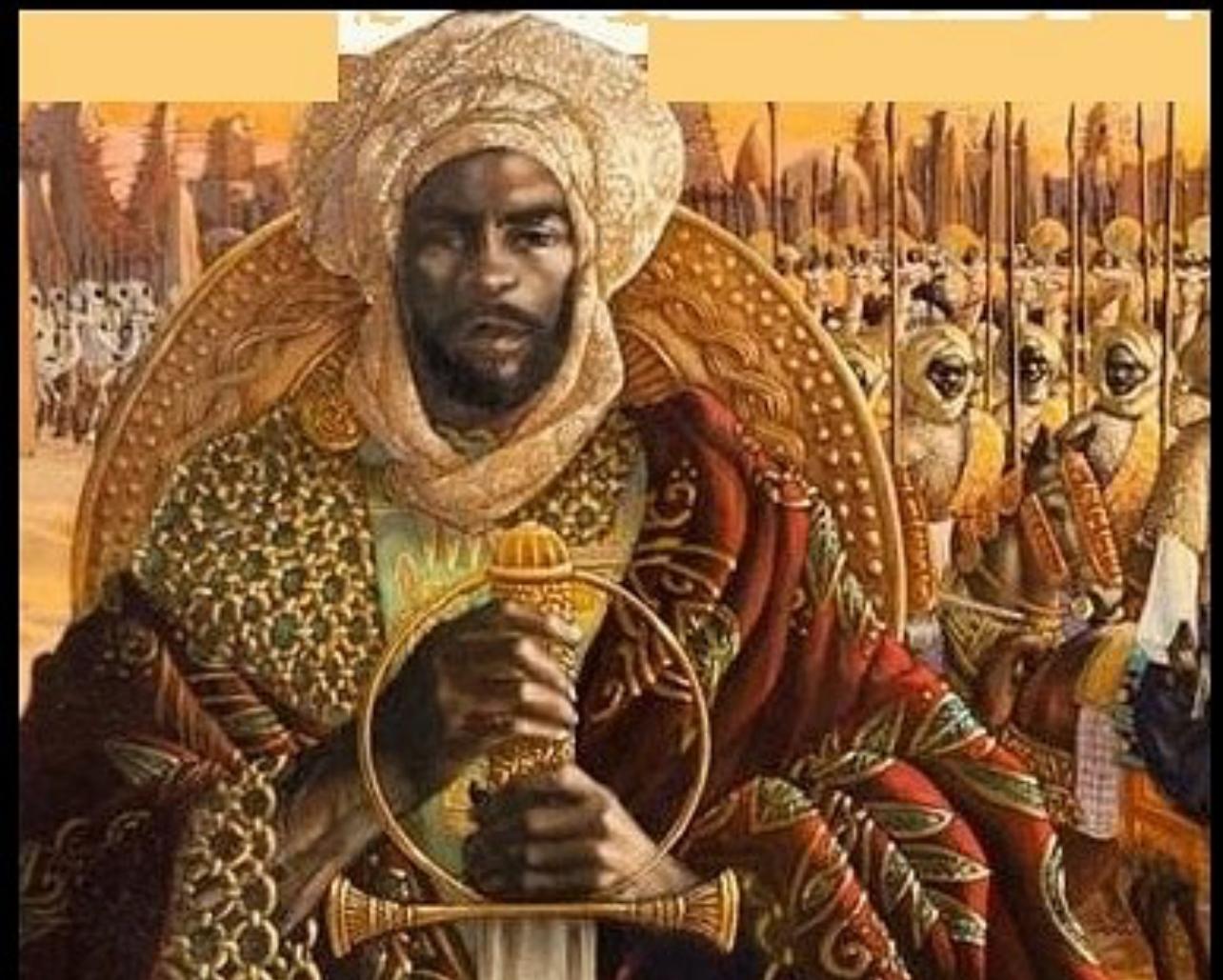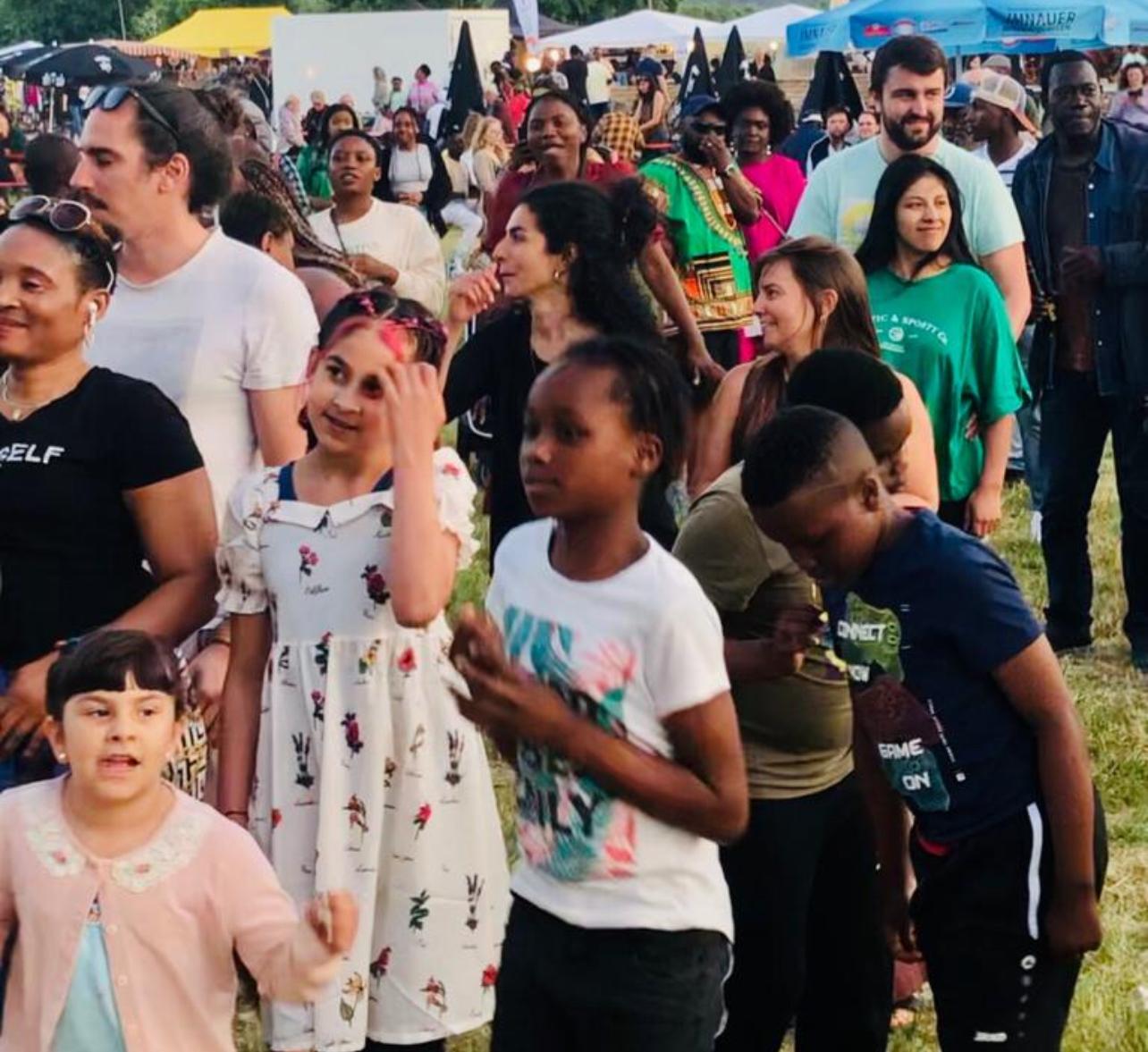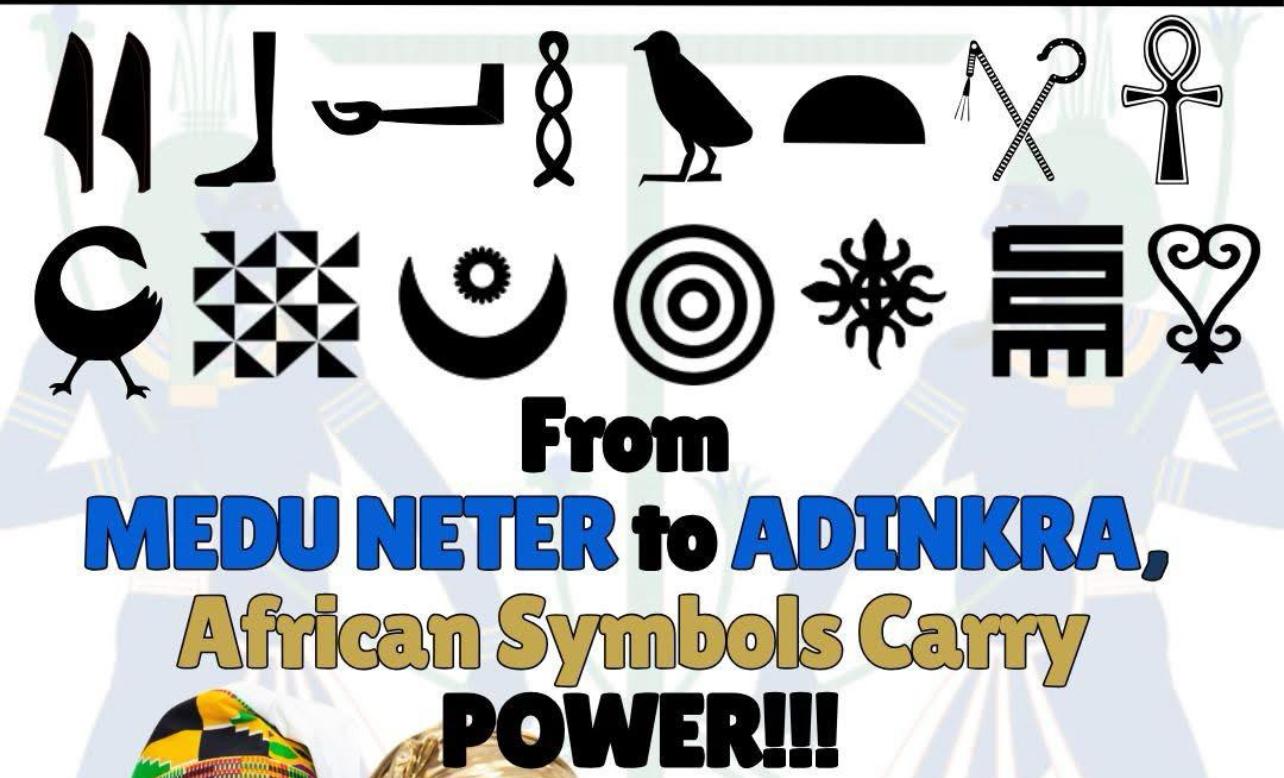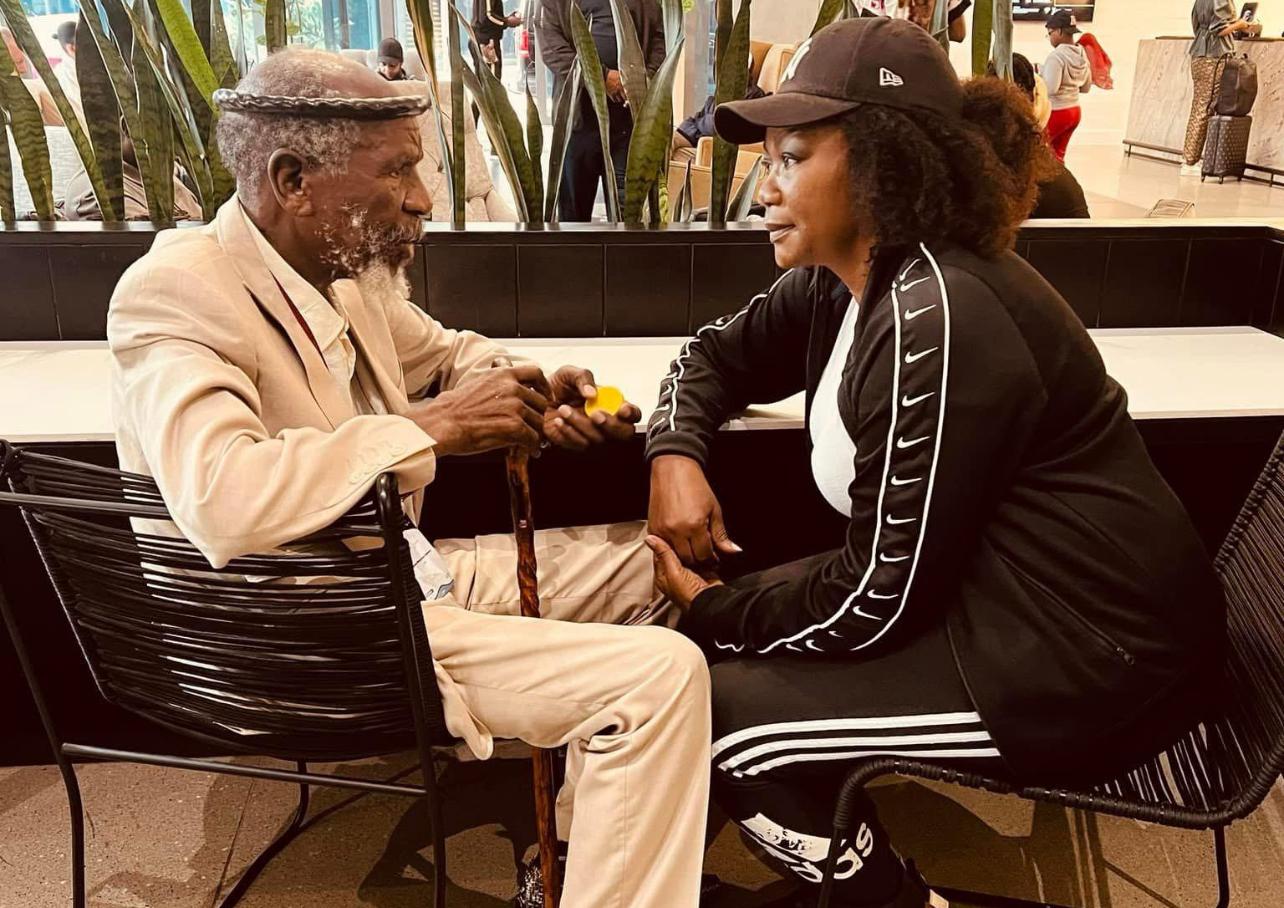Project: Afrika Festival Reutlingen -Germany, a Celebration of Culture, Integration, and Togetherness (2007-2009) attendance record 40.000 participants
Our first Project in Germany, kicked off in Reutlingen, a city in Germany -nicknamed “The Gate to the Swabian Alb”the city is a district in the middle of Baden-Wurttemberg, Germany “Afrika Festival Reutlingen”, held from 2007 to 2009 at the former Bruderhausgelände in Reutlingen, Germany, was a groundbreaking initiative that brought the vibrant cultures of Africa to the heart of the city. As the first event of its kind in the region, the festival not only showcased the rich traditions of the African continent but also played a pivotal role in fostering integration, cross-cultural learning, and a sense of togetherness among the diverse communities in Reutlingen.
Susan Tatah, initiator, founder and organizer told the press..The festival was a unique opportunity for locals and migrants alike to come together and experience African culture through music, dance, art, food, and storytelling. During my studies at the ESB Reutlingen University, i realized that they was the spread of a one-sided negatively information and narrative about Africa, most of these stories didn’t allign with her growing and raised in Cameroon, as an immigrant fleeing from the Southern cameroons crisi, she found refuge in Germany but harsh conditions and living conditions of refuggees was what motivated her to start the Project.
The three project, featured performances by African artists, workshops on traditional crafts, food, african cultural market and discussions on the challenges and contributions of the African migrant community in Germany. The event attracted people from various cultural backgrounds, creating a space for dialogue and mutual understanding.
One of the most significant impacts of the Project, Afrika Festival was its role in raising awareness about the African migrant community in Reutlingen. At a time when discussions around migration and integration were often fraught with misconceptions, the festival provided a platform to humanize and celebrate the stories of African migrants. It highlighted their contributions to the local economy, culture, and social fabric, challenging stereotypes and fostering a more inclusive community.
Local newspapers, such as the Reutlinger General-Anzeiger (GEA) and TAGBLATT, covered the festival extensively, emphasizing its importance in promoting cultural diversity and integration. Articles praised the event for its ability to bring people together, describing it as a “bridge between cultures” and a “celebration of shared humanity.” The media coverage helped spread the festival’s message, reaching a wider audience and encouraging more people to participate.
The Project,Afrika Festival was not just a celebration of African culture; it was also an opportunity for locals to engage in cross-cultural learning. Attendees could immerse themselves in African traditions, try authentic cuisine, and learn about the history and struggles of African communities. This exchange of knowledge and experiences fostered empathy and solidarity, breaking down cultural barriers and building lasting connections.
The festival was a presentation of the power of togetherness which is an essential ritual in the African culture. In a world often divided by differences, the event demonstrated how shared experiences could unite people from diverse backgrounds. It created a sense of belonging for African migrants while inviting locals to embrace and appreciate their cultural heritage.
Although the Project Afrika Festival Reutlingen was held for only three years, its legacy continues to resonate, It set a precedent for future cultural events in the region and inspired other initiatives aimed at promoting integration and diversity. The festival’s success demonstrated the importance of creating spaces where people can come together to celebrate their differences and find common ground.
In the words of a TAGBLATT article from 2008, the Afrika Festival was “a beacon of hope and unity in a rapidly changing world.” But little did we know that the project was the beginning of a sustainable project connecting not only the African community in Reutlingen, Germany, Africa but worldwide. Its humble beginning taught us that integration is not just about coexistence but about actively engaging with and learning from one another.
The Project Afrika Festival Reutlingen remains a shining example of how culture can be a powerful tool for building bridges, fostering understanding, and creating a more inclusive society. Its impact on the community serves as a testament to the enduring value of cross-cultural dialogue and the beauty of diversity.
https://www.facebook.com/umojawafrikafestival/photos
Sources: Reutlinger General-Anzeiger (GEA), TAGBLATT (2007-2009)
